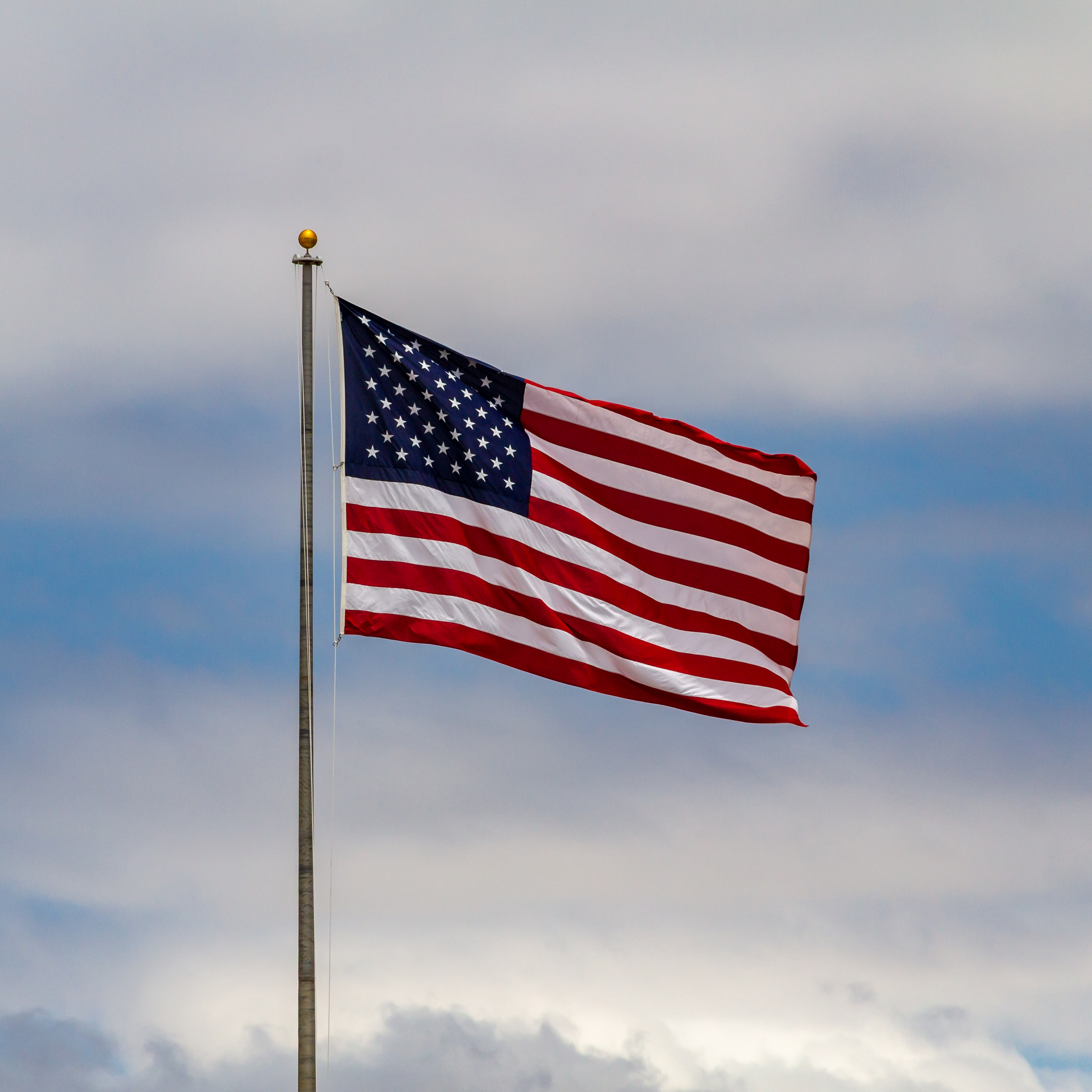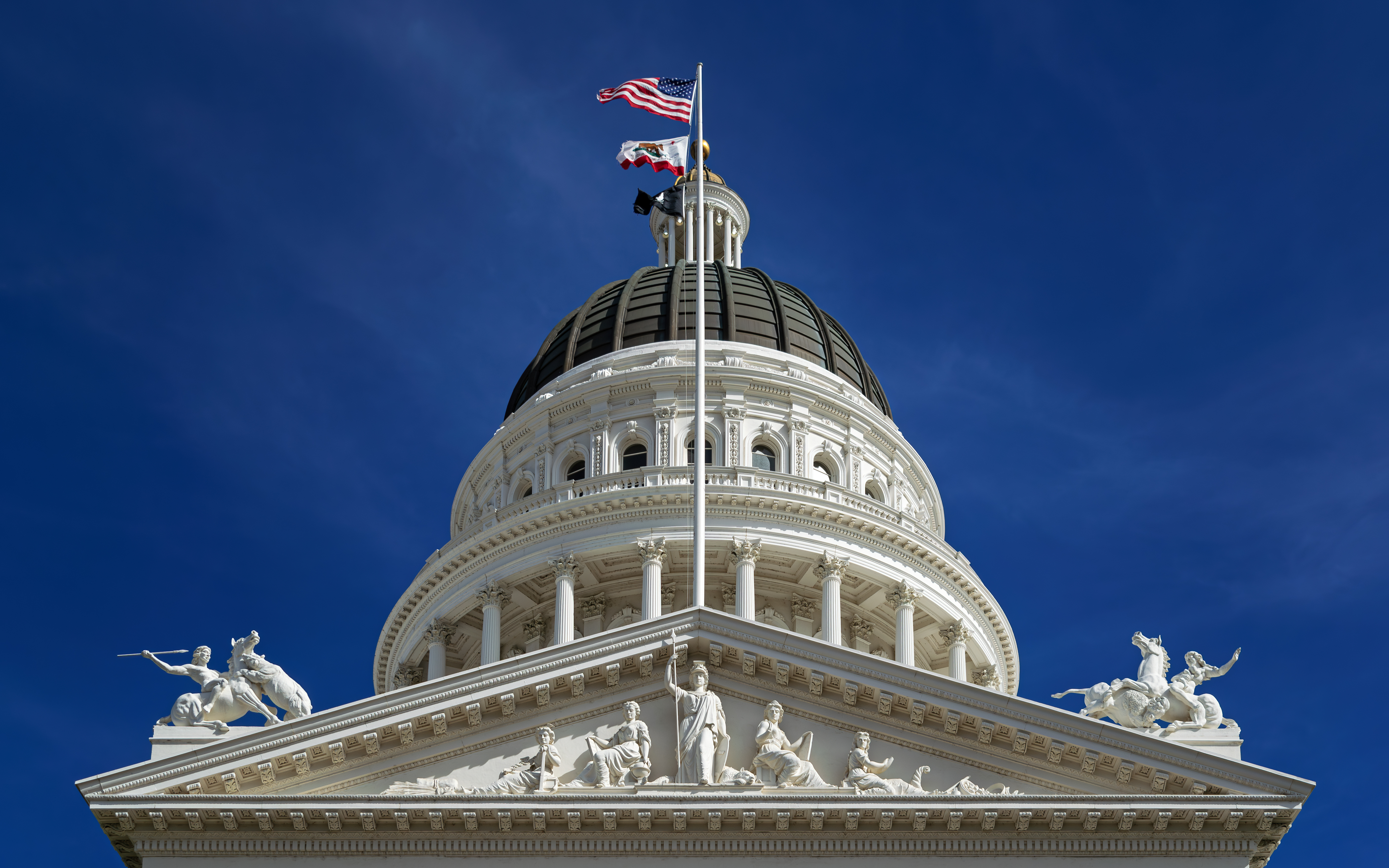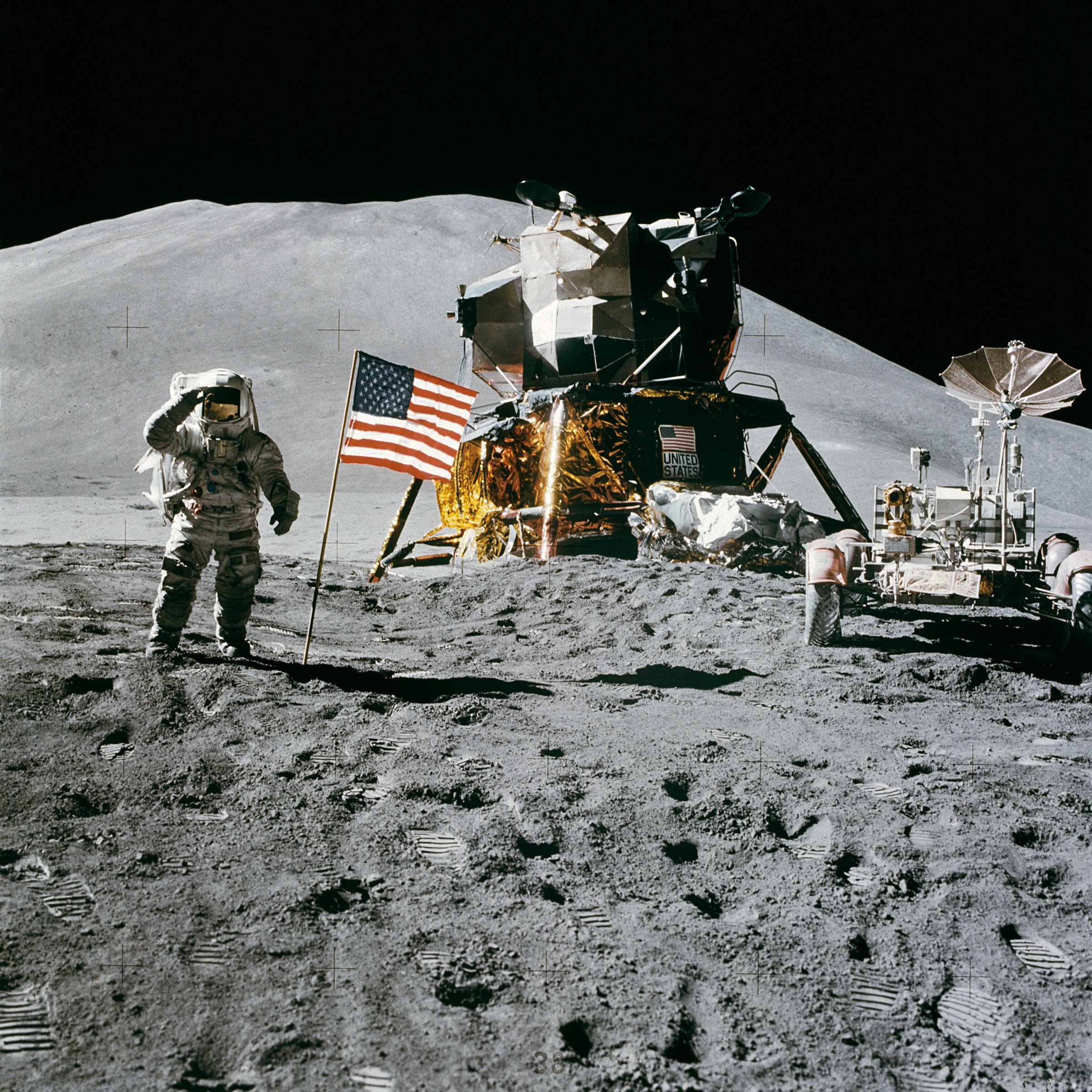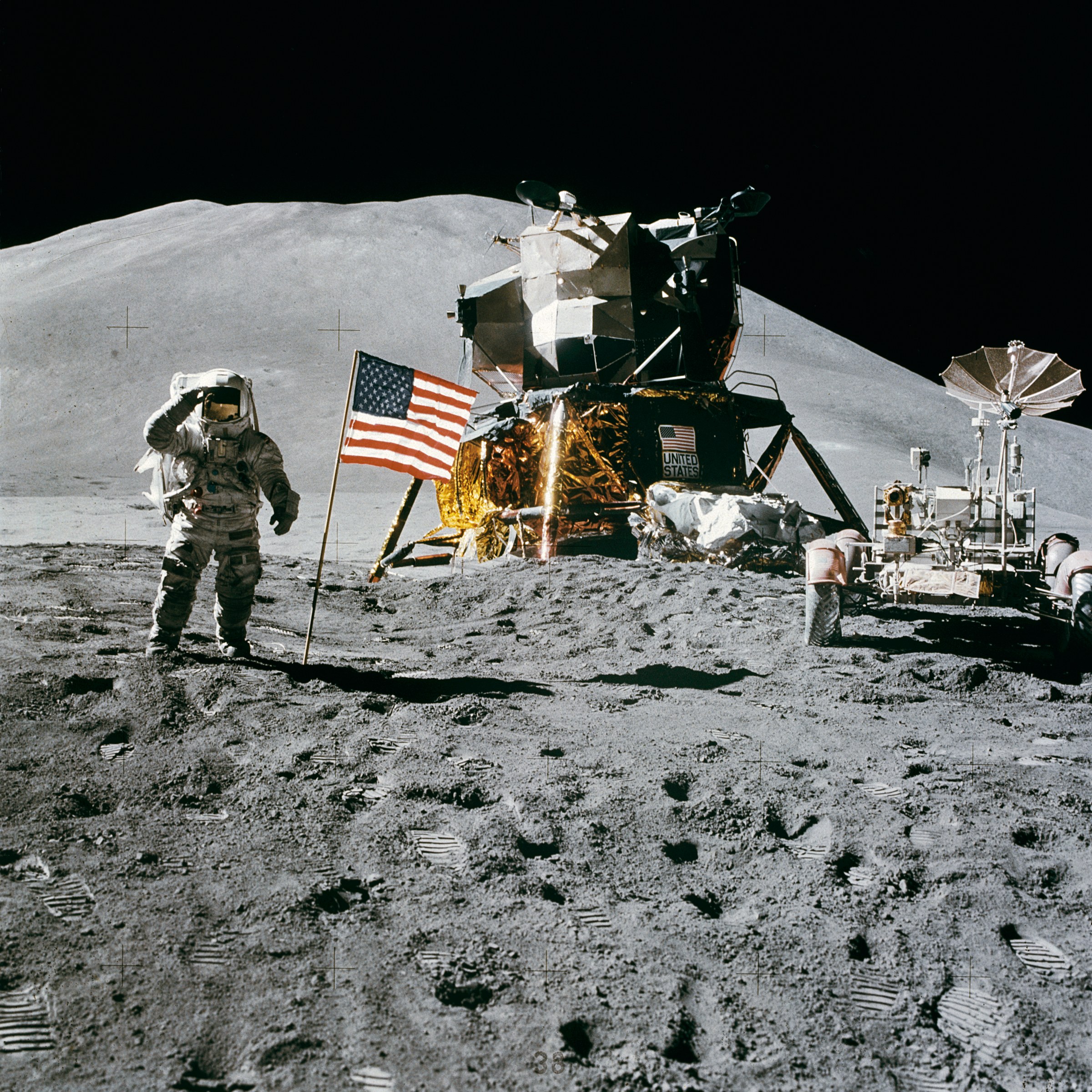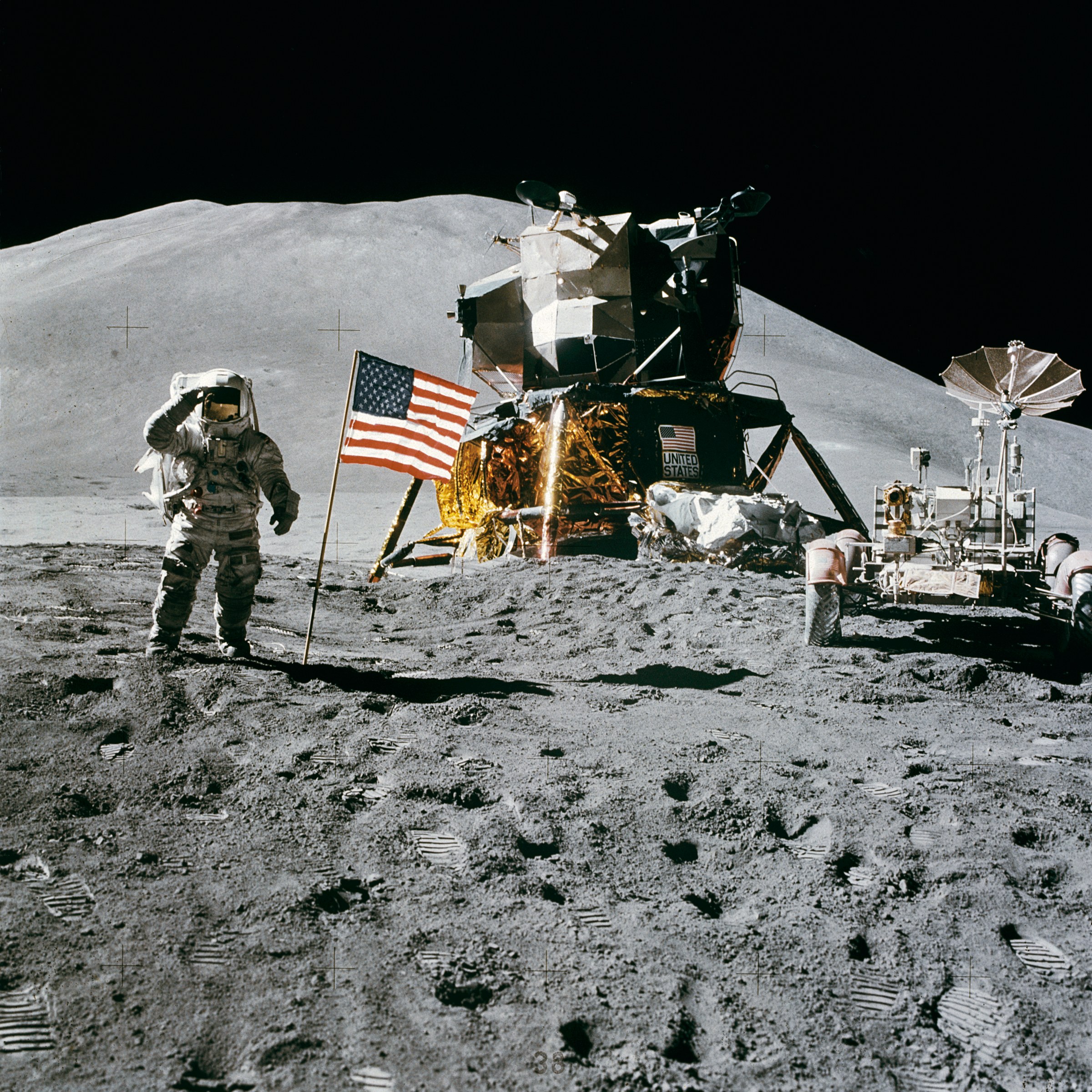While protesters waved “No Kings” signs outside, President Donald Trump conducted the serious business of American statecraft inside, meeting with Australian Prime Minister Anthony Albanese to strengthen our nation’s most critical Pacific partnership. The contrast couldn’t be more striking—or more revealing about the choice facing America.
Trump’s diplomatic engagement with Australia represents far more than a routine bilateral meeting. It’s a masterclass in America First foreign policy, demonstrating how real leaders prioritize substance over spectacle while rebuilding American influence through strategic partnerships that actually serve our national interests.
“I work my ass off to make our country great,” Trump declared, dismissing the theatrical protests as “a joke” while focusing on the substantive work of securing America’s Pacific interests. That work ethic—and that clarity of purpose—explains why allies like Australia continue seeking deeper cooperation with American leadership, even when their own governments lean left.
Australia isn’t just any ally. They’re our most dependable partner in the Pacific theater, where China’s aggressive expansion threatens critical American trade routes and strategic interests. This meeting likely advanced crucial AUKUS cooperation—the trilateral security partnership between Australia, the United Kingdom, and the United States that represents exactly the kind of selective, mutually beneficial alliance that serves American interests without constraining our sovereignty.
The economic implications are equally significant. Australia possesses vast reserves of critical minerals essential for American manufacturing and defense capabilities. Strengthening these bilateral ties reduces our dangerous dependence on Chinese supply chains while securing access to resources that power American innovation and military superiority. That’s the kind of strategic thinking that built American prosperity—and it’s exactly what we’ve been missing from decades of globalist multilateral frameworks that prioritized international consensus over American advantage.
Trump’s recent diplomatic momentum tells a broader story. Following productive meetings with Ukraine’s Zelensky and Argentina’s Milei, this Australian engagement demonstrates a sophisticated strategy of rebuilding American influence through partnerships with nations willing to engage in fair, reciprocal relationships. These aren’t the exploitative arrangements that have historically drained American resources while constraining our decision-making authority.
The constitutional framework here matters enormously. While leftist protesters stage street theater about imaginary “kings,” Trump demonstrates actual constitutional governance by conducting the people’s business through proper diplomatic channels. The Founders designed our system for exactly this kind of executive leadership in foreign affairs—decisive, strategic, and accountable to American interests rather than international opinion.
What’s particularly telling is Prime Minister Albanese’s willingness to engage seriously with Trump despite leading Australia’s Labor Party. Even left-leaning allies recognize the necessity of maintaining strong ties with American power when it’s wielded competently and confidently. That recognition speaks volumes about Trump’s restored credibility on the world stage and the respect that principled strength commands internationally.
The timing amplifies this success. Conducting serious statecraft while opponents waste energy on performative protests reinforces the administration’s image as the adult leadership America desperately needs. Patriots understand the difference between productive governance and political theater—and so do our allies.
Looking forward, Americans should monitor whether this diplomatic engagement produces concrete agreements on critical mineral access, joint military exercises, and technology sharing that genuinely strengthen American capabilities. The early indicators suggest Trump’s team understands that effective alliance management requires delivering tangible benefits for American interests, not just photo opportunities and multilateral communiques.
This Pacific strategy represents the kind of Reagan-era confidence that rebuilt American influence through strength, clarity, and selective partnerships with nations that share our commitment to freedom and prosperity. As Trump continues demonstrating that America First foreign policy actually works, the contrast with previous decades of globalist drift becomes increasingly clear.
The choice facing America remains stark: serious leadership focused on delivering results for the American people, or theatrical opposition more interested in street protests than strategic governance. Trump’s Australian meeting shows which approach actually serves our national interests.

